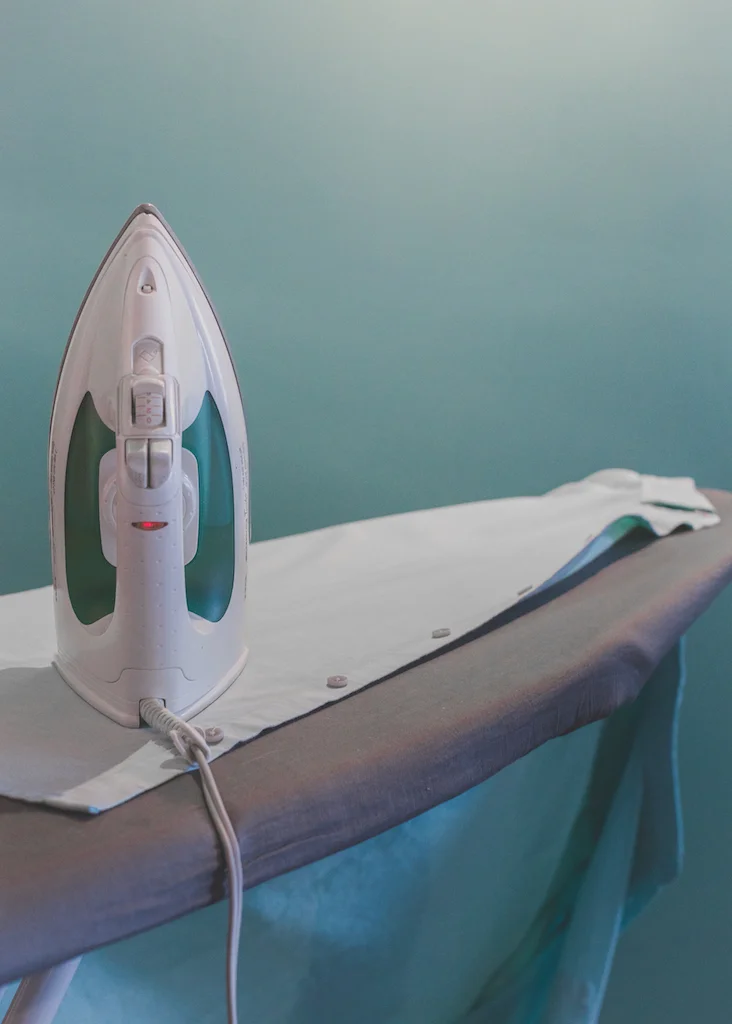"He just doesn't help out, I feel like I have to do everything."
"I try to help out, she just doesn't appreciate what I do. It's never good enough, so why bother?"
Sound familiar?
I call it the Chore War.
All too often couples present to counseling asking me to "fix" their partner and get him or her (in my experience it tends to usually be him- more on this later) to do more around the house. The other partner constantly feels nagged and criticized, and like he or she is "the problem."
This is especially true for millennial couples, who come into marriage striving for a companionate, egalitarian marriage.
Fortunately, our culture has been moving pretty fast in many areas when it comes to changing gender roles. I have to say that I'm often surprised at how different millennial men are from their fathers and grandfathers.
Don't worry guys, I mean it in a good way.
Think about it, fifty years ago men wouldn't even think about being in the delivery room when their baby was being born. They wouldn't be willing to talk about their feelings to their spouses or even their male friends. They would never consider putting their careers on hold to be stay-at-home dads.
So men are stepping up to the plate in a lot of areas...but when it comes to housework, it turns out that my observations are in fact accurate- research has shown that in the US, women do still (on average) take on a much greater share of household responsibilities. Even though they are working as many hours or more as their male partners are.
To make matters even more complicated, the research shows that men tend to believe that they do more than they actually do.
So what does this mean? Are men inherently slackers or rude, selfish people? Is this in their biology?
Well, we're not sure. There are many different theories out there like men may not have been socialized at an early age to be aware of or participate in household duties. They may have been raised in homes where their mother took care of all the housework, even if she worked, so it just doesn't come as "naturally" to them.
Or they simply may not see the value in spending time on housework. They're more willing to give up some past traditional masculine roles because it's unappealing (like being more involved in childcare because it helps nurture an attachment with their child, or cooking because they can eat a delicious meal), whereas dusting the shelves doesn't benefit them in any way.
These perceptions and family histories are what we explore in couples therapy so we can better understand the reasons why some men (and of course some women) have a more difficult time taking initiative when it comes to chores.
We also explore what husbands sharing in housework means to their wives; both so that wives can feel heard and understood, and so that men can hear the reasons why this is so important to their wives. They're often surprised to learn that it's usually not just about the tasks, but something that represents much more- fairness, teamwork, and love (see "One Simple Way to Make it Valentine's Day Every Day" where I talk about the 5 Love Languages).
With this deeper understanding and insight comes more empathy and less hostility, which sets the foundation to do the rest of the work, which involves renegotiation of roles and learning appropriate ways of expressing frustrations without blaming or shaming our partner.
I'll often have the couple take a look at what they each do in terms of regular care of the home, child/pet care, finances, home projects, etc. and then come up with an "ideal" arrangement they both feel is fair.
The conclusion we often come to is probably not a surprise at this point- men need to step it up a notch. Sorry guys. But I have found that this fact from John Gottman's marriage research can often be good motivator:
"Women find a man’s willingness to do housework extremely erotic. When the husband does his share to maintain the home, both he and his wife report a more satisfying sex life than in marriages where the wife believes her husband is not doing his share."
